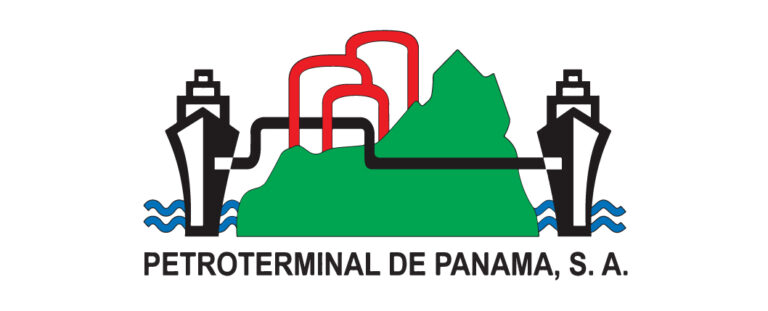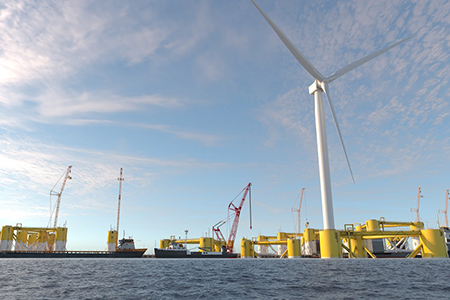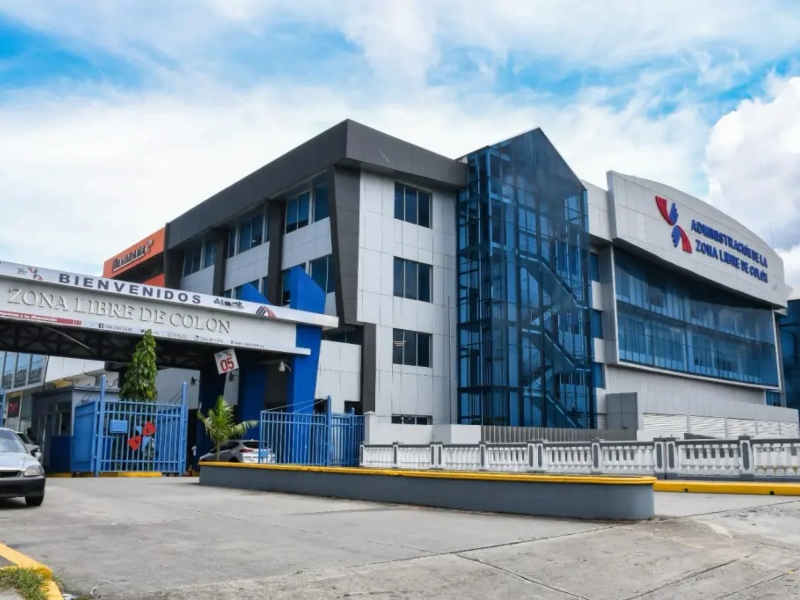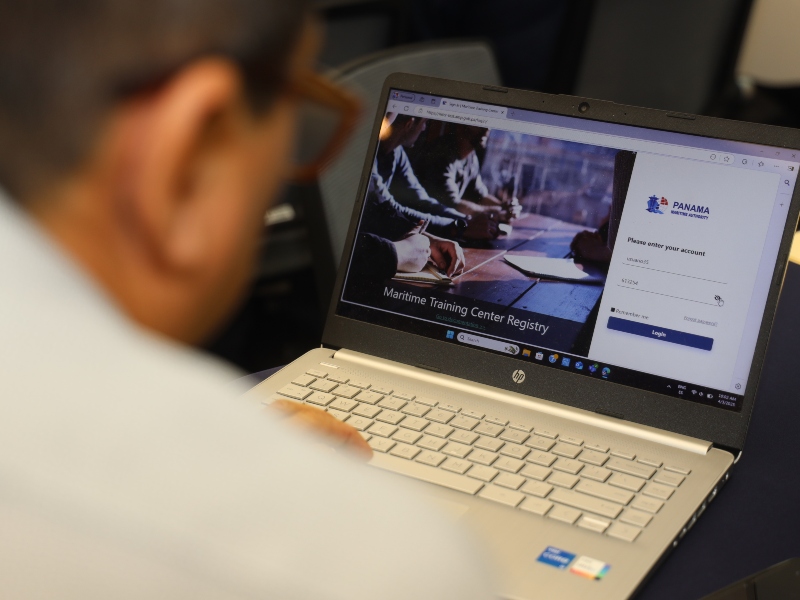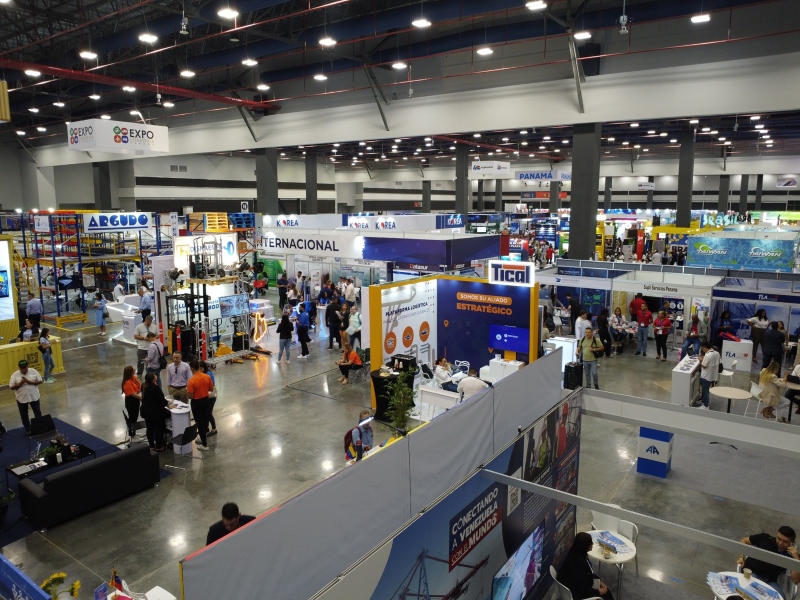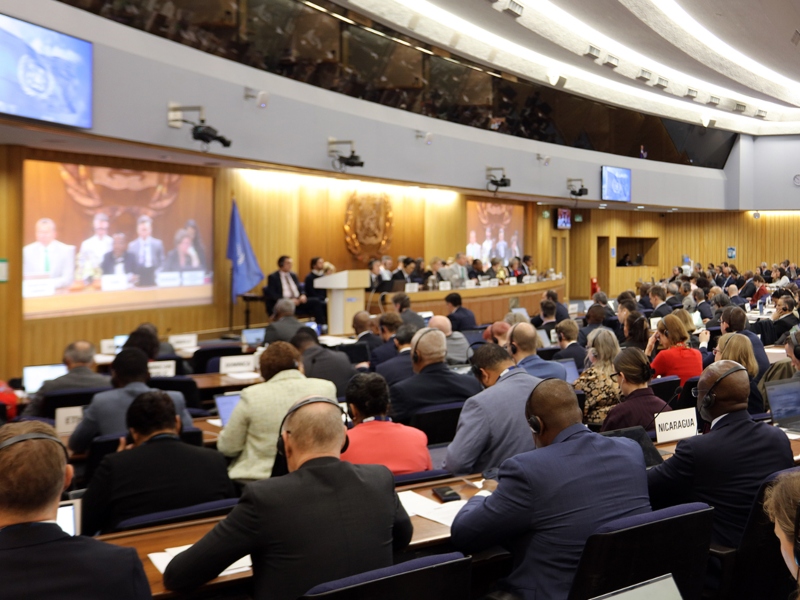NATION’S LARGEST WIND TURBINE FACILITY KEY TO CALIFORNIA’S CLEAN ENERGY FUTURE
The Port of Long Beach has released plans for an ambitious facility conceived to help California and the nation reach renewable energy targets in the coming decades.
The floating offshore wind facility – known as Pier Wind – would support the manufacture and assembly of offshore wind turbines standing as tall as the Eiffel Tower. It would be the largest facility at any U.S. seaport specifically designed to accommodate the assembly of offshore wind turbines.
“Imagine fully assembled wind turbines capable of generating 20 megawatts of energy towed by sea from the Port of Long Beach to offshore wind farms in Central and Northern California,” said Port of Long Beach Executive Director Mario Cordero. “As society transitions to clean energy, our harbor is ideally located for such an enterprise – with calm seas behind a federal breakwater, one of the deepest and widest channels in the U.S., direct access to the open ocean and no air height restrictions. No other location has the space to achieve the economies of scale needed to drive down the cost of energy for these huge turbines.”
“Building Pier Wind lays the foundation for a zero carbon energy future, not only for the public but for our operations as well,” Long Beach Harbor Commission President Sharon L. Weissman said. “Offshore wind is essential to the Port of Long Beach’s own goals to transition to zero emissions, and ensuring there is a ready supply of reliable, resilient, and renewable power is vital for the work we do moving commerce.”
The Pier Wind project helps California harness the powerful wind in deep waters in order to generate renewable energy while enhancing air quality by reducing reliance on fossil fuels; meet the state’s goal of producing 25 gigawatts of offshore wind power by 2045; and contribute toward lowering the national cost of offshore wind power by 70% by 2035.
The facility would span up to 400 acres of newly built land located southwest of the Long Beach International Gateway Bridge within the Harbor District. The Port’s concept study, available here, provides information to continue planning and discussion with state and federal officials, developers and funders for the $4.7 billion project. Pier Wind would also create new jobs and career opportunities for the communities closest to the Port that have been disproportionately impacted by climate change and port operations. Community members would participate and benefit as California transitions away from fossil fuels and into a green economy. Construction could potentially start in January 2027, with the first 100 acres operational in early 2031, the second 100 acres operational in late 2031, and the last 200 acres coming online in 2035.
![]()









